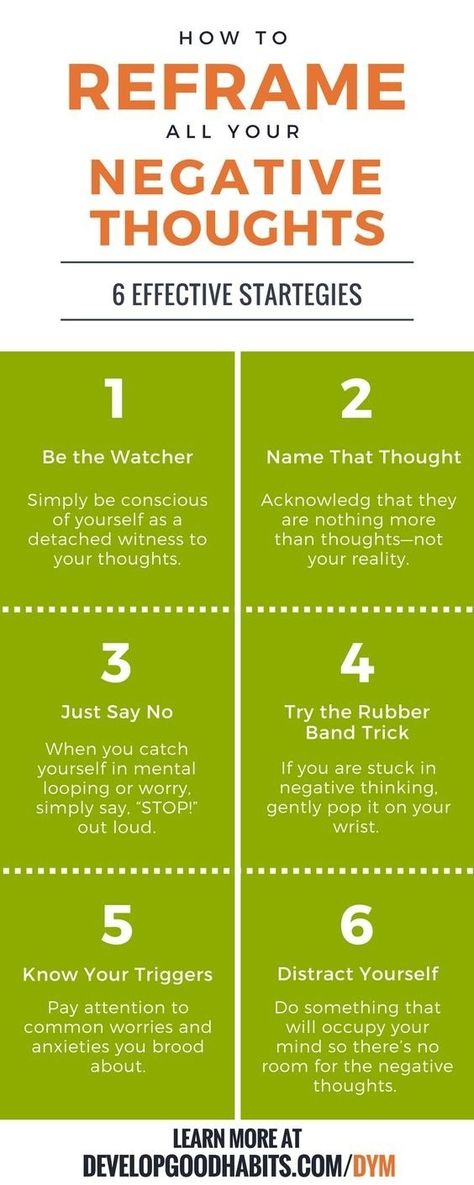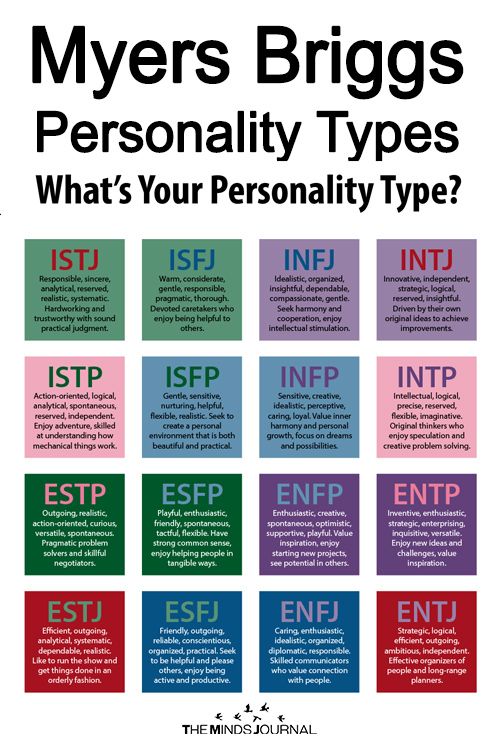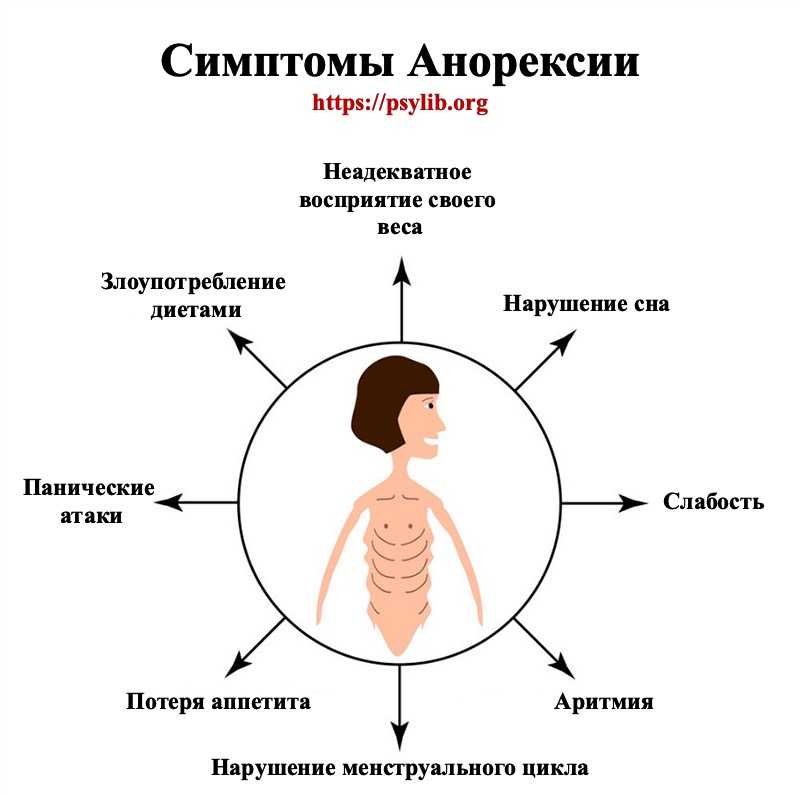Anxiety about cheating
I have a fear of cheating – Is it OCD, Anxiety or Phobia?
Almost everyone has worried about a relationship at some point or another, but for some, relationship worries can be all-consuming.
For folks who are afraid of cheating in particular, a lot can be going on below the surface that’s important to unpack and address.
First, let’s investigate what exactly a fear of cheating is.
What is a fear of cheating?
What if my partner, whom I love dearly, is cheating on me? I would never want to jeopardize my relationship, but what if I cheat in the future? These are questions people who fear cheating might ask themselves.
Fear of cheating involves serious concern about cheating or being cheated on by a romantic partner either in the past, present, or future. Here are some common obsessions and triggers people who fear cheating may face:
Learn more about Relationship OCDCommon obsessions
- What if I unintentionally cheat?
- What if I actually want to cheat?
- What if I cheat on my partner in the future?
- What if I cheated and can’t remember?
- What if my partner is cheating on me?
- What if my partner cheats on me someday?
- What if I lose control and do something I regret?
Common triggers
People with a fear of cheating may find that their obsessions are triggered by situations involving their partner, previous partners, their partner’s previous relationships, and any settings where they feel out of control. Here are some examples of circumstance that may trigger obsessions about cheating:
- Interacting with someone they find attractive
- Experiences where they cannot remember details or events
- Having passed out from substances or exhaustion
- Questions about fidelity and commitment
- Going to sleep at night
- Watching or listening to shows/stories about cheating
- Seeing text messages on their phone or partner’s phone
- Discussions about cheating/commitment in relationships
- Someone smiling at them or making eye contact with them who isn’t their partner
- Seeing something in their partner’s home who looks suspicious
- Intrusive thoughts about someone else during intimacy with their partner
- Intrusive thoughts/images/urges/sensations about someone other than their partner
How can I tell if it’s cheating OCD, and not typical relationship concerns, anxiety, or cautiousness?
People with OCD who fear cheating may face repetitive, persistent doubts about relationships, even in the healthiest of partnerships with no identifiable threat of infidelity.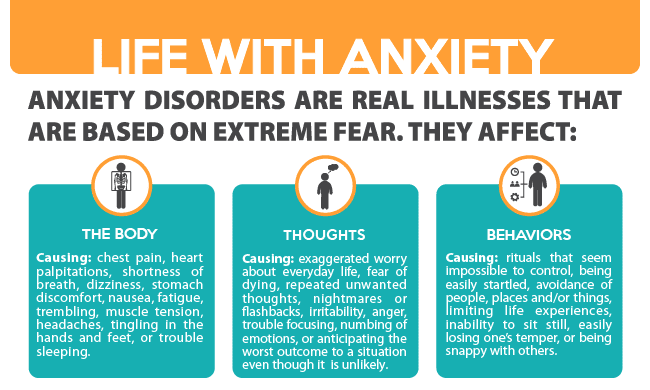
“The hallmark of OCD is recurrent doubt, over and over again. That doubt usually attaches itself to something that’s really meaningful to the individual such as their relationships,” says Taylor Newendorp, LCPC, licensed therapist and NOCD’s Clinical Training Director.
Belonging to an OCD subtype referred to as Relationship OCD, people with OCD who are afraid of cheating often experience intrusive thoughts that cause anxiety, followed by a search for certainty through compulsive behaviors, such as repeatedly checking a partner’s phone, despite no cause for concern ever popping up.
How might one tell if it’s general relationship anxiety or if it’s a sign of OCD? Newendorp says discerning anxiety from OCD has to do with one’s level of distress, compulsive behaviors, and the time involved in their experiences.
“The fears of cheating become a sign of OCD when they are consuming at least an hour of the person’s day on average. Additionally, OCD may be at play when the person is actively trying to “solve” their fears, causing an ongoing level of distress that’s starting to impair their functioning, and even their relationship itself.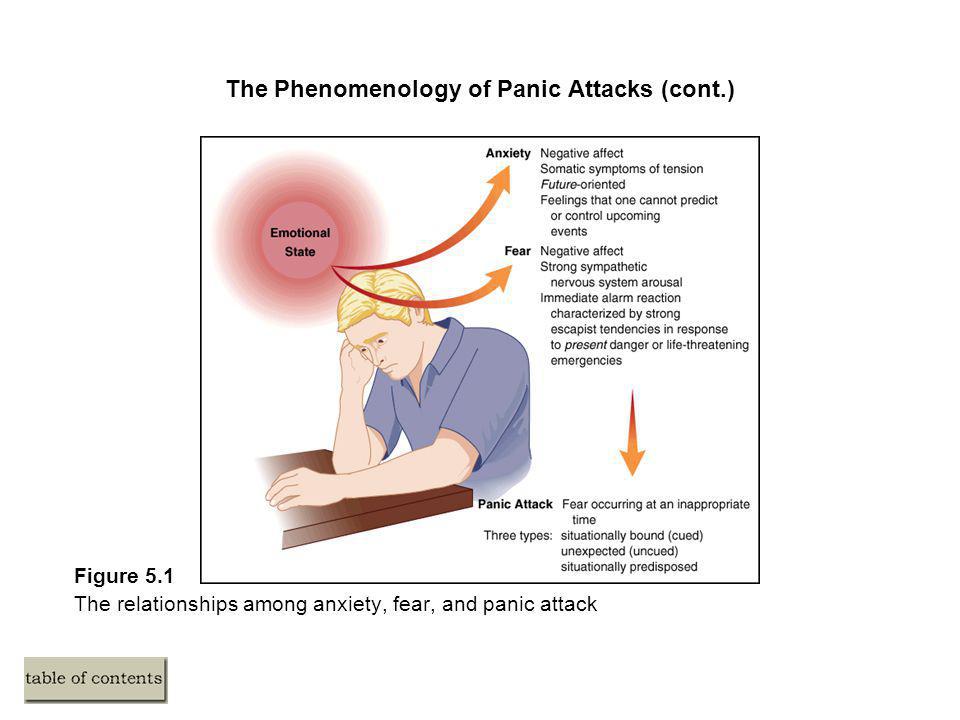 ”
”
People trying to “solve” their OCD-related fear of cheating may find themselves engaging in certain behaviors, known as compulsions, in a repeated attempt to feel safe or reassured.
Common compulsions performed mentally or physically include:- Avoiding conversations or eye contact with people who aren’t their partner
- Over-analyzing conversations and interactions
- Frequent scanning for groinal response
- Mental checking for past memories they may have forgotten
- Avoiding drinking or using substances
- Asking for constant reassurance from others that they haven’t cheated
- Asking for constant reassurance from their partner that they haven’t cheated
- Checking photos and videos from past events to ensure they or their partner didn’t cheat
- Avoiding shows/movies about that involve cheating
- Frequent rumination and “trying to figure it out”
- Checking and rechecking windows and doors, drawers, and other settings
How can I tell if it’s OCD and not Pistanthrophobia?
Pistanthrophobia is the fear of trusting people in relationships.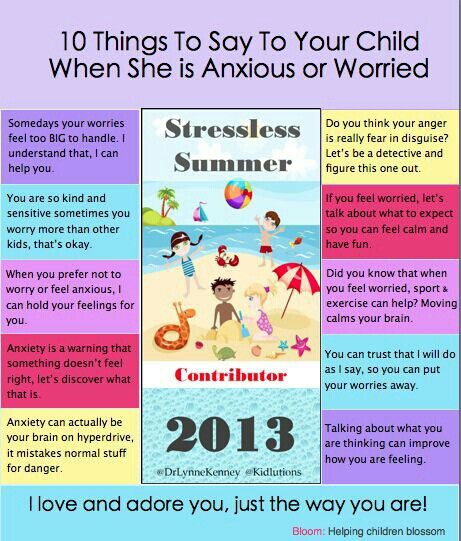 Building trust in intimate relationships is a personal, individual process that can take more time for some than others.
Building trust in intimate relationships is a personal, individual process that can take more time for some than others.
Pistanthrophobia is a Specific Phobia, which refers to anxiety related to a specific and excessive fear. People facing pistanthrophobia are generally afraid of getting close to an intimate partner, a fear that can be rooted in past experiences. Pistanthrophobia’s roots in previous experiences often differs from OCD-related fears, which can be entirely unrelated to any precedential experience and are accompanied by compulsions done in an attempt to feel secure.
Additionally, people with OCD who fear cheating may be very close with their partner, but become hyper-focused on this one fear, whereas pistanthrophobia often involves a web of intimacy-related fears, from difficulty opening up emotionally to questioning a partner’s motives.
Is it normal to have a fear of cheating?
Yes. Given how infidelity is a common theme in entertainment, news, and social media about cheating, it is common and normal for people to experience a fear of cheating, to a degree. However, when these fears interfere with the way one intends to conduct their lives and relationship, it can be a sign of an issue like OCD, a phobia, or relationship anxiety.
However, when these fears interfere with the way one intends to conduct their lives and relationship, it can be a sign of an issue like OCD, a phobia, or relationship anxiety.
How to overcome the fear of cheating
Finding lasting relief for the debilitating fear of cheating is possible. One of the most effective ways to treat a persistent fear of cheating is by doing exposure and response prevention (ERP) therapy. NOCD has over 300 therapists who specialize in treating OCD, and we’ll work to match you with someone skilled and experienced in treating Relationship OCD. Soon enough, you can begin to enjoy your relationships again, with less distress and more time spent building bonds, rather than seeking reassurance for your fears.
ERP for Cheating OCD
By doing exposure and response prevention (ERP) therapy with a specialty-trained, licensed therapist, people struggling with OCD can find more freedom and relief in their relationships.
ERP will expose you to triggering situations specific to your symptoms while guiding you in resisting your usual safety-seeking behaviors (compulsions).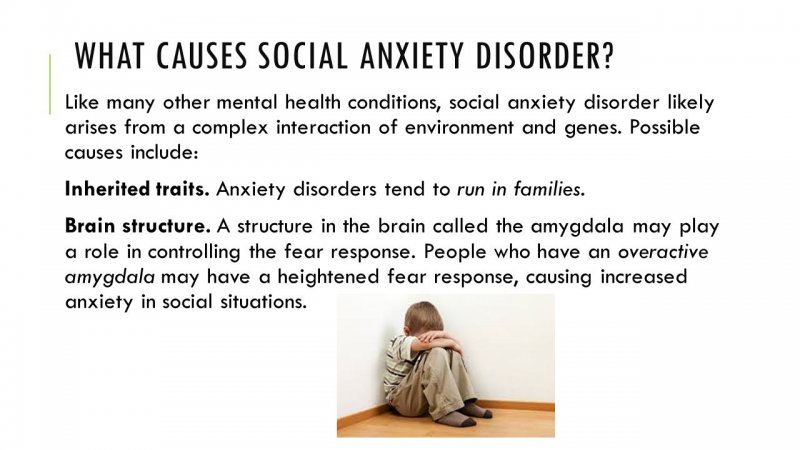 Over time, you will learn to better tolerate the uncertainty that comes with relationships and life in general, without engaging in compulsions that only make the cycle worse over time. In this way, ERP therapy can also help you avoid OCD relapses and new fears in the future.
Over time, you will learn to better tolerate the uncertainty that comes with relationships and life in general, without engaging in compulsions that only make the cycle worse over time. In this way, ERP therapy can also help you avoid OCD relapses and new fears in the future.
Exposures done in ERP to treat a fear of cheating in OCD may include:
Changing your relationship with research: If you reread an article about cheating five times to be sure nothing listed applies to your relationship, one exposure might involve slowly limiting research behavior. Over time, people find they can feel confident in their relationship despite lingering uncertainty, and without engaging in compulsions like compulsive research.
Limiting reassurance-seeking on social media and from others: If you often ask your partner’s friends about their whereabouts or behavior, or monitor their interactions and activity on social media, an exposure may be to resist doing so the next time you feel doubts and anxiety about your relationship. Instead, you’ll develop a tolerance for the uncertainty you feel.
Instead, you’ll develop a tolerance for the uncertainty you feel.
Newendorp says, “With treatment they see that distress associated with fear starts to come down. Over time, the more they do that, the more they’re not responding to it in a compulsive manner to get immediate relief, and gain a sense of certainty, the more they start to learn that these fears are just thoughts, and they’re not an actual threat.”
If you’re struggling with OCD, you can schedule a free 15-minute call today with the NOCD care team to learn how a licensed therapist can help. At NOCD, all therapists specialize in OCD and receive ERP-specific training. ERP is most effective when the therapist conducting the treatment has experience with OCD and training in ERP.
We look forward to working with you.
How to Not Worry or Overthink About Being Cheated On?
One of the most common and worst fears we have in relationships is infidelity. Just the thought of it can make our anxiety spike and cause us to do things we normally wouldn’t do.
In this article, I’ll explore the uncertainty we all face while being in relationships with others, how fear, worry, and overthinking impacts our relationships, and what we can do about it.
Worry and anxiety about cheating is not always a bad thing. If there is clear evidence that it’s currently happening, worry and anxiety are serving an important purpose: protection.
However, if we have no evidence that our partner is cheating and if we notice our worry and anxiety tend to emerge regardless of our partner’s behavior, then it’s likely our worry and anxiety is leading us in the wrong direction.
Ultimately, the goal shouldn’t be to get rid of our worry and anxiety about cheating. Because if we’re successful at that, we’re likely to get hurt or continue to get hurt.
Instead, the goal should be to allow the worry and anxiety to happen, and determine if it’s pointing us down a realistic and helpful path.
Regardless of what’s happening, we should aim to always be in the driver’s seat while keeping worry and anxiety in the back seat.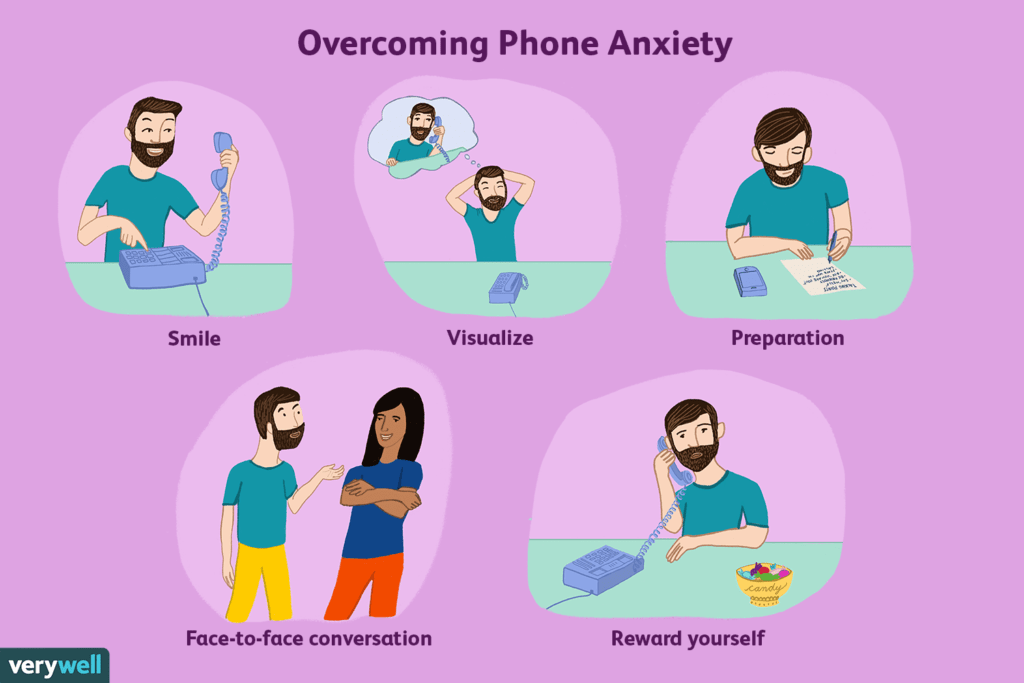 We want to avoid kicking the two out of the car, because sometimes they give us the right directions. And we want to keep in them from jumping into the driver’s seat because often they’re illogical and extreme.
We want to avoid kicking the two out of the car, because sometimes they give us the right directions. And we want to keep in them from jumping into the driver’s seat because often they’re illogical and extreme.
Worry is cognitive. Worry is when we mentally engage with thoughts about future, undesirable events occurring:
Anxiety is a feeling. It’s often what we feel when we get stuck on a certain worry. And we feel it in all sorts ways:
Worry often leads and causes us to experience anxiety. It can be very helpful to reminder ourselves us this because often times we confuse our feelings for thoughts, and vice versa. When this happens, our feelings and thoughts merge and it’s easy for irrational thoughts and emotions to take over.
By understanding that our worry thoughts cause us to experience anxiety, the next time we experience anxiety, we can reminder ourselves of this fact. We can then pay more attention to our thoughts and
We all have things that trigger worry and anxiety. Some originate outside of us, while others from within. An external event is something that happens to us and originated outside of us. It could be the action (or inaction) of a person or it could be something that happens in our environment:
Some originate outside of us, while others from within. An external event is something that happens to us and originated outside of us. It could be the action (or inaction) of a person or it could be something that happens in our environment:
Identifying what is triggering your worry can be helpful in understanding it more and controlling it.
A trigger is often a mix between external and internal events. That is, they don’t always happen in isolation of one another: our partner does something and we have an internal reaction to it.
It’s not rare, however that triggers are exclusively internal. A random thought of your partner cheating enters your mind, you have an emotional response, and you continue to run with it.
If it’s exclusively internal, this is usually a sign that it has nothing to do with your partner. It’s your stuff, even though we may direct our focus at our partner.
Worry: what we don’t have control over
All day, everyday we have thoughts that randomly enter our minds. Some thoughts are helpful, but most often they’re just junk thoughts.
Some thoughts are helpful, but most often they’re just junk thoughts.
In psychology, we call these automatic thoughts.
It’s important to understand that we have zero control over these thoughts. We didn’t create them. We can’t control them. And there’s no way to stop them.
And since worries are considered thoughts, we can’t stop the creation of worry.
In 2018, a study was published that looked at thought suppression (trying to stop thoughts) and involuntary “mental time traveling,” that is, thinking of the past or future.
The study found that when people attempt to stop thoughts of the past or future, the thoughts came back more often.
This is crucial to remember.
Rumination and worry
So, we don’t have control over our automatic worry thoughts. But, do we have control after the automatic thoughts appear?
Yes, but not in a controlling/suppressing our thoughts kind of way.
When we use the word “worry,” I think, most often, what we’re actually referring to is what’s called rumination.
Dr. Michael Greenberg, a specialist in Obsessive Compulsive Disorder defines rumination as follows:
Rumination is making a choice to engage in mental problem solving, which includes analyzing, mental reviewing, mental checking, visualizing, monitoring, and directing our focus toward the problem.
There’s a key difference between rumination and actual problem solving though. Actual problem solving has a solution at the end. After that, it’s over and done with.
Rumination on the other hand is the illusion of problem solving. We’re replaying the problem in our head over and over again without resolution.
Rumination is just busy work that causes us a lot of pain.
When we worry about our partner cheating on us, when we have no actual evidence or no reason to suspect they’re cheating, we’re engaging in what seems like problem solving, but is really just busy work because it’s an issue that is impossible to resolve. There is no way to be 100% certain your partner isn’t cheating on you.
Being cautious with reassurance seeking
“But, I could ask my partner. I could ask to see their cell phone and email messages. These are ways I could be 100% certain.”
Maybe, but probably not.
Logically, seeking outside reassurance makes perfect sense. In reality though, reassurance is like a drug. We get it, we find short-term relief to our worry and anxiety, but then it comes back.
More importantly, if you tend to worry about your partner cheating with no reason to suspect it, the issue is not outside of you. The issue is your response to the the automatic worry that pops up. And that’s where the focus should be to resolve your worry and anxiety.
Observe and don’t engage
So, what can you do?
We’ve established that you can’t stop the worry thoughts. If you try it will just make it worse.
We’ve also established that seeking external reassurance will also make it worse.
The only other choice you have is to accept the junk that pops into your mind and make a conscious choice not to engage with it.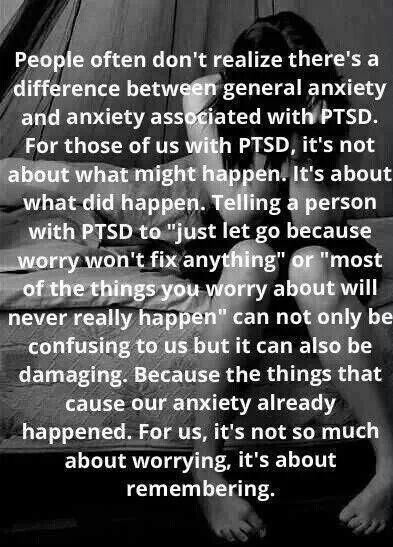
And engaging with your thoughts can look a number of different ways:
- Trying to answer the question of your partner cheating or not
- Trying to stop the thoughts
- Judging the thoughts “I shouldn’t be worrying about this”
- Trying to inject other thoughts into your head, but it keeps popping back
Instead of these things, try just watch your thoughts like a passing weather system.
When it’s mostly sunny, this is easy. When there’s a hurricane, it will be harder to avoid engaging with the thoughts as there will be more urgency to relieve the discomfort.
The more we just notice, without engaging with our the thoughts, the easier it becomes. We teach ourselves to be a passive observer, rather than an active participant in our worry thoughts.
Go to the worst place on purpose
Another, uncomfortable, and scary exercise to do is to follow your worry to the worst case scenario.
What if my partner is cheating? Then what?
Well, then it’s going to hurt really bad.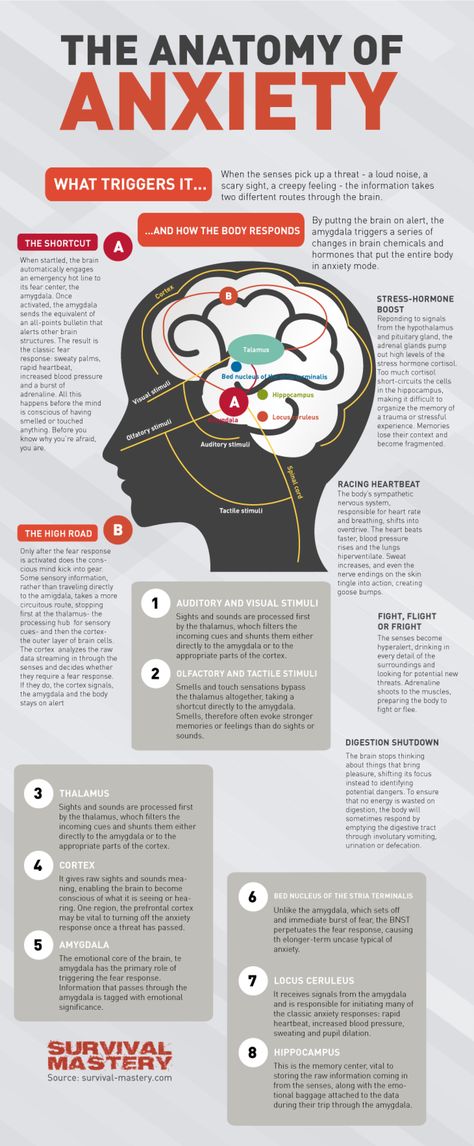 And if that happens, then what?
And if that happens, then what?
Well, I don’t know if I’ll be able to stay with this person. And if that happens, then what?
Keep asking yourself the “Then what?” question until you’ve arrived at the very thing you’re trying to avoid. What we usually find is that sure, it’s something we don’t want to happen. But, it’s also something we can survive.
Identify your core belief
After we’ve gotten used to just watching our thoughts, we can start to be more curious about where they might be coming from.
All of us hold certain beliefs about ourselves. In psychology we call these “Core Beliefs.” Core beliefs are narratives we tell ourselves about ourselves.
Core beliefs are important because they drive our automatic thoughts, emotions, and behaviors.
Take this example situation of two different people going through the same event:
Event: John texts his girlfriend on a Friday night. He usually gets a response back instantly. It’s been over an hour and he still hasn’t gotten reply back:
| PERSON | CORE BELIEF | REACTION |
| A | “I’m unlovable” | Thought: “She’s probably with another guy” Feeling: Anxiety, panic Behavior: Text more, call several times |
| B | “I’m lovable” | Thought: “I hope John’s ok” Feeling: Slightly disappointed Behavior: Makes plans with another friend |
And most of the time, all of this is happening under our awareness.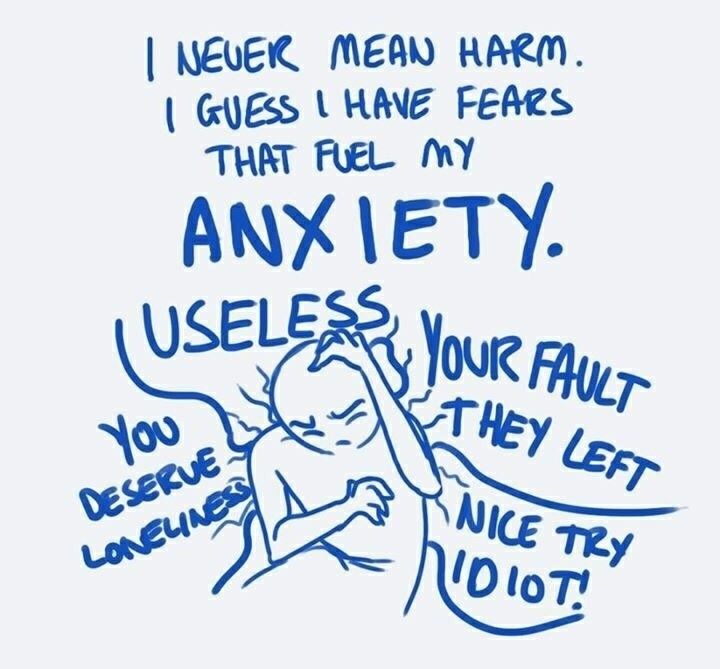 In a sense, we’re completely out of control and at mercy to these invisible drivers.
In a sense, we’re completely out of control and at mercy to these invisible drivers.
However, we can make them visible and take back control.
One technique you can do on yourself is called the downward arrow technique.
You first start with a situation and notice what the automatic thought is. Let’s take for example texting a friend and them never replying. The thought, “They’re mad at me” pops in your head.
Next you ask yourself, “What does that mean to me if that’s true?”
“Well it means that he doesn’t like me.” So, you ask yourself again. “What does that mean if that’s true?”
“Well it means that I’m not good enough.”
You have arrived at a core belief: “I’m not good enough.”
Attachment theory
Again, I think it’s important that we address our reaction to the worry first. Instead of trying to analyze our past and figure out the root cause of worries. That’s the same as arriving to the scene of a car wreck and instead of jumping to care of the victims, you instead investigate to figure out what exactly happened and whos fault it is.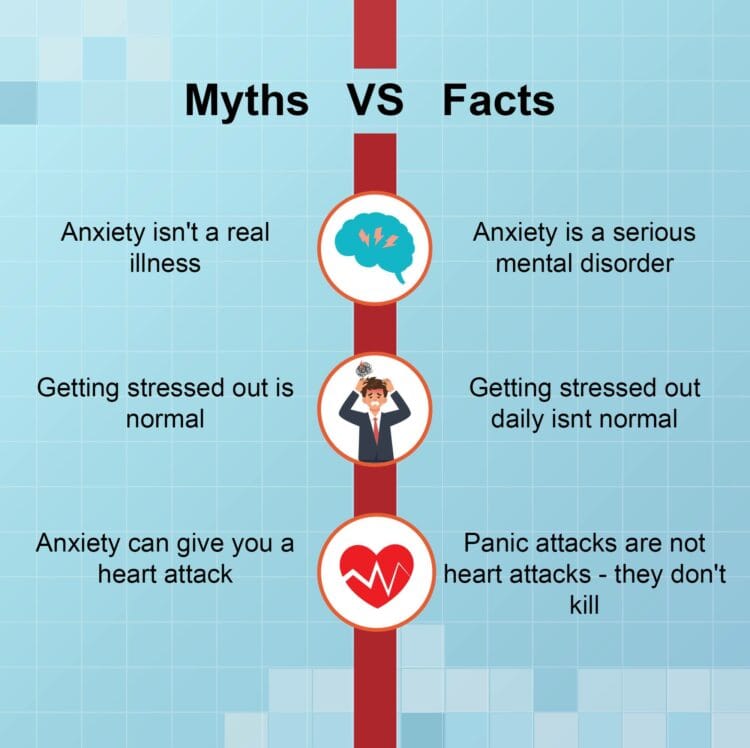 I like attachment theory though as it gives us some context to our relational patterns. Attachment theory in psychology says that our early relationships with our caregivers mold how we relate to others throughout the rest of our adult lives. That is, we develop internal working models or templates of how relationships work. There are three styles of attachment:
I like attachment theory though as it gives us some context to our relational patterns. Attachment theory in psychology says that our early relationships with our caregivers mold how we relate to others throughout the rest of our adult lives. That is, we develop internal working models or templates of how relationships work. There are three styles of attachment:
- Secure attachment
- Anxious attachment
- Avoidant attachment
A person with a secure attachment style, generally believes people will be there for them. Their relationships are generally consistent and balanced. A person with an anxious attachment style worries that others in their lives will leave them. They often seek reassurance that others love them and will be there for them. A person with avoidant attachment believes others will not be there in times of need. There is distrust and therefore a high motivation to be independent, and a general avoidance of placing themselves in situations where they rely on others. How is this relevant? It can be helpful to think about which attachment style you might fall into. If anxious attachment sounds like you, this is great information to carry with you going forward. It can be a helpful reminder that reassurance is not the answer, but instead, working on your attachment style and core belief is. Just like core beliefs, attachment styles aren’t set in stone.
How is this relevant? It can be helpful to think about which attachment style you might fall into. If anxious attachment sounds like you, this is great information to carry with you going forward. It can be a helpful reminder that reassurance is not the answer, but instead, working on your attachment style and core belief is. Just like core beliefs, attachment styles aren’t set in stone.
Building your tolerance for uncertainty
Uncertainty is tough. And unfortunately, we can’t be in a relationship without some level of uncertainty.
If you’re noticing frequent worry about your partner cheating without any facts to support it, another way to lens to view it from is that perhaps you have an intolerance for uncertainty. Almost like an allergy to uncertainty.
Instead of trying to find more certainty, which is never ending and just reinforces the worry, try working on building your tolerance for uncertainty.
Building our tolerance for uncertainty is like building muscles.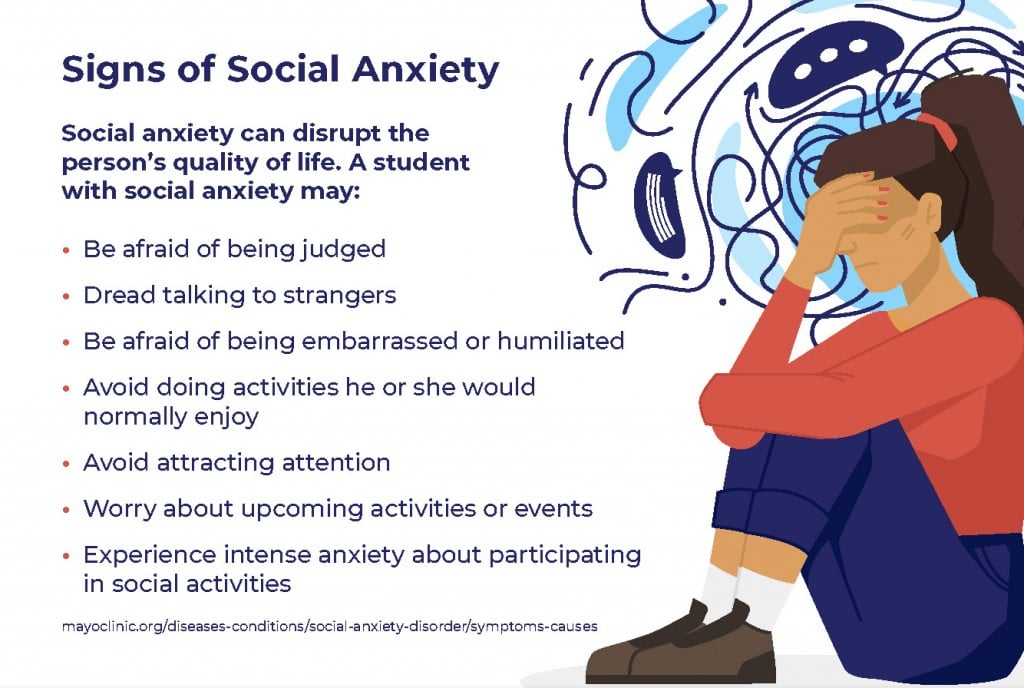 It takes time and consistency. It also takes practicing awareness and intention.
It takes time and consistency. It also takes practicing awareness and intention.
Be aware of your urge to seek reassurance. And try hard to not give in. Instead, label your urge: “I’m having an urge to get reassurance. I know where this is going to lead.”
By simply labeling your self talk and urges you move out of the emotional part of your brain (where you have little control over impulses) and into the logical parts of you brain (where you have control over impulses.
I hope this helps a little.
If you think you may benefit from gaining more control over racing thoughts, worry, and anxiety, therapy might be something to consider. Here is how I might be able to help:
Online Therapy in California
Okinawa Counseling and Therapy
Online Therapy in Japan
References
Bretherton, I. (1992). The origins of attachment theory: John Bowlby and Mary Ainsworth. Developmental Psychology, 28(5), 759-775. Clark, G. I., Rock, A. J., Clark, L. H., & Murray‐lyon, K. (2020). Adult attachment, worry and reassurance seeking: Investigating the role of intolerance of uncertainty. Clinical Psychologist, 24(3), 294-305. doi:10.1111/cp.12218
H., & Murray‐lyon, K. (2020). Adult attachment, worry and reassurance seeking: Investigating the role of intolerance of uncertainty. Clinical Psychologist, 24(3), 294-305. doi:10.1111/cp.12218
Del Palacio-Gonzalez, A., & Berntsen, D. (2018). The tendency for experiencing involuntary future and past mental time travel is robustly related to thought suppression: An exploratory study. Psychological Research, 83(4), 788-804. doi:10.1007/s00426-018-1132-2
Greenberg, M. (2020, October 20). Defining rumination. Retrieved March 27, 2021, from https://drmichaeljgreenberg.com/defining-rumination/
Riaz, A., & Jamil, K. (2020, July). Love Can Only Make Things Work Out: CBT And Interpersonal Therapy Case Study. In Technium Conference (Vol. 5, pp. 18-07). Sally Planalp, James M. Honeycutt, Events that Increase Uncertainty in Personal Relationships, Human Communication Research, Volume 11, Issue 4, June 1985, Pages 593–604, https://doi. org/10.1111/j.1468-2958.1985.tb00062.x
org/10.1111/j.1468-2958.1985.tb00062.x
"I'm afraid of betrayal." What to do with obsessive fear?
You know the names of all the new employees and google their photos. You study the history of his browser from and to to find ... Find what you are very afraid of - betrayal. Why, even in the most ideal relationships, it seems to us that we are being deceived? Where did this fear come from and what can it lead to?
Website editor
Tags:
Psychology
Dior
Shoes
Advertising
adultery
GettyImages
A survey of 2,000 women for Woman's Day and AOL Living found that one in two secretly checks their man's phone and browser history. And there is nothing good in it. The fact is that many psychologists argue that the fear of betrayal destroys even the healthiest relationships. “In psychology, there is the concept of a “self-fulfilling prophecy,” explains psychologist Nadezhda Grishina. - When a person is convinced of something, he unconsciously projects it onto others. A woman who is afraid of infidelity will destroy her husband's personal boundaries, constantly suspect him and undeservedly blame him. Sooner or later, a loved one will begin to feel depressed and eternally guilty. Constant raids and lack of support will do the rest, and - voila! - he will become more receptive to the attention of other girls. They see him as a man, not just one big disappointment. nine0003
The fact is that many psychologists argue that the fear of betrayal destroys even the healthiest relationships. “In psychology, there is the concept of a “self-fulfilling prophecy,” explains psychologist Nadezhda Grishina. - When a person is convinced of something, he unconsciously projects it onto others. A woman who is afraid of infidelity will destroy her husband's personal boundaries, constantly suspect him and undeservedly blame him. Sooner or later, a loved one will begin to feel depressed and eternally guilty. Constant raids and lack of support will do the rest, and - voila! - he will become more receptive to the attention of other girls. They see him as a man, not just one big disappointment. nine0003
Do not self-medicate! In our articles, we collect the latest scientific data and the opinions of authoritative health experts. But remember: only a doctor can diagnose and prescribe treatment.
Where do the roots come from?
Fear of betrayal should be considered like any other.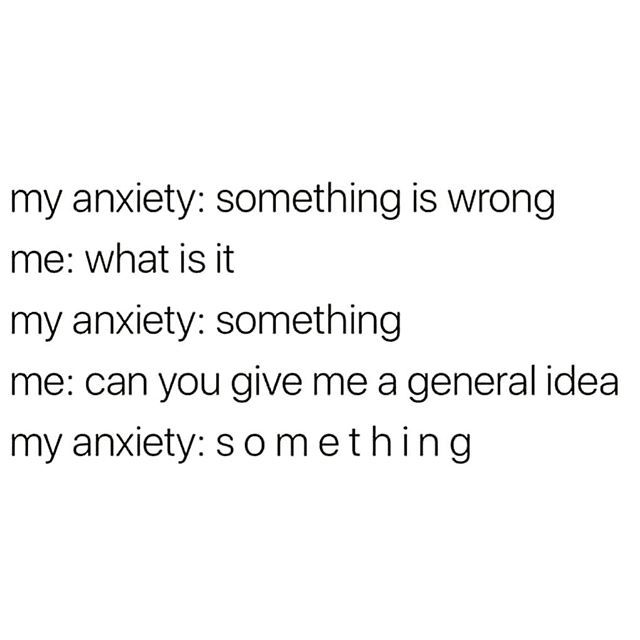 We fear what we have no control over. A friend's girlfriends always have a story about how a man cheated on the most ideal woman. She cooked, and cleaned, and took courses in oral skills, but alas, she left. “In our society, it is generally accepted that all men sooner or later walk on the side,” the psychologist comments. - No matter how perfect you are, the result will be the same: treason. Naturally, this sets one up for helplessness and, as a result, causeless fear.” nine0003
We fear what we have no control over. A friend's girlfriends always have a story about how a man cheated on the most ideal woman. She cooked, and cleaned, and took courses in oral skills, but alas, she left. “In our society, it is generally accepted that all men sooner or later walk on the side,” the psychologist comments. - No matter how perfect you are, the result will be the same: treason. Naturally, this sets one up for helplessness and, as a result, causeless fear.” nine0003
Women who have already experienced their partner's deceit are most often suspected. Each time, as if on the “repeat” button, they drive away memories and try to understand: “Where, where did everything go wrong? At what point could you already guess? Psychologist Nadezhda Grishina is sure that betrayal is a serious psychological trauma. “A person’s whole picture of the world is collapsing, the concepts of good and evil, the understanding of who is a friend and who is a traitor. In such cases, psychological help is needed for a reason.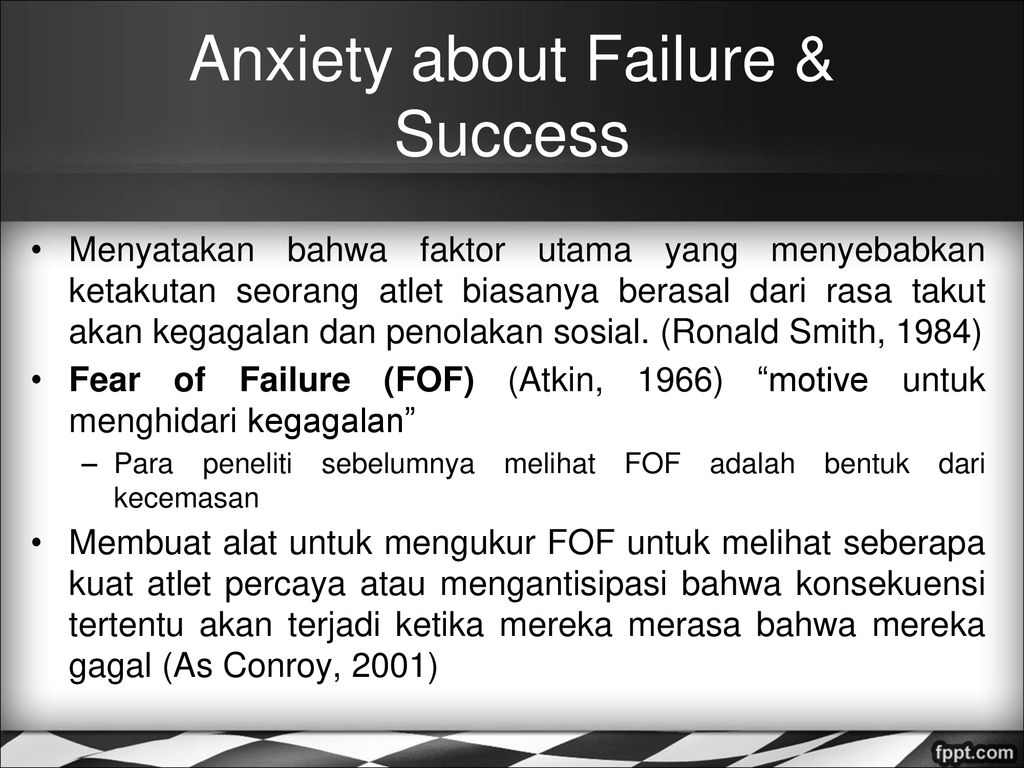 During this period, it is important to work hard in order to restore an inner sense of stability and stability. If this is not done, then internal fears will grow like a snowball.” In a new relationship, a woman will be like Sherlock Holmes: she is looking for any clues and evidence so as not to be deceived this time. What it will lead to - you already know. But quite the opposite is also often the case. nine0003
During this period, it is important to work hard in order to restore an inner sense of stability and stability. If this is not done, then internal fears will grow like a snowball.” In a new relationship, a woman will be like Sherlock Holmes: she is looking for any clues and evidence so as not to be deceived this time. What it will lead to - you already know. But quite the opposite is also often the case. nine0003
No one has ever cheated, the man in you does not care and spoils you with expensive gifts, but intuition still whispers that something is wrong here. This often happens to those who have problems with self-esteem. An expert in overcoming fears, Kimberly Giles, is sure that the unreasonable suspicion of a partner of infidelity is associated with self-doubt. Before diagnosing low self-esteem, answer the questions:
- how often do you scold yourself for not being good enough? nine0036
- were there moments when most of the time people around you did not understand and you were an "outsider"?
- How often do you feel in your life that you are underestimated?
If the majority of the answers are “YES”, then there is a high probability that the suspicion of treason has nothing to do with the real situation. Your insecurity and fear that a man will leave for a better one speaks in you. To overcome this fear once and for all, here are five working tips and tools. nine0003
Your insecurity and fear that a man will leave for a better one speaks in you. To overcome this fear once and for all, here are five working tips and tools. nine0003
5 methods to overcome the fear of betrayal
Immersion in fear
Psychologists advise not to run away from fear, but to “kick it in the face”. To do this, there is a slightly intimidating, but necessary exercise, which is desirable to do alone. Imagine the worst outcome of treason. Twist yourself until it becomes so creepy that it's even funny. He went to your best friend, filed for divorce and posted a post about how terrible you cook borscht? Ironize and bring the situation in your head to the point of absurdity. Try to live this moment and resolve all issues. After this technique, you will realize that cheating is not the end of the world and everything is not as scary as it seems. Laughter and absurdity are needed in order to change the situation from "terribly impossible" to "hahah_not_so_everything_terrible". After completing, return to reality and realize that now everything is fine with you and this is just a dream that will never come true. nine0003
After completing, return to reality and realize that now everything is fine with you and this is just a dream that will never come true. nine0003
Building self-esteem
It often happens that the reason for the suspicion of cheating lies in low self-esteem. Set a goal for the next month: to become better. What activity will raise self-esteem, and you will feel self-confidence? Take up a new language, take a course on Coursera, finally put on those very shoes that are for a special occasion. To consolidate the result, NLP experts advise anchoring (necessarily kinesthetic - patting, clenching a fist, pulling a finger). The next time you feel as confident as Charlize Theron in a J'adore Dior ad, try clenching your fist or pinching your hand. If a bout of self-doubt comes up again, use your anchor. With constant practice, it works flawlessly. nine0003
Total loss of control
Seriously, that's enough.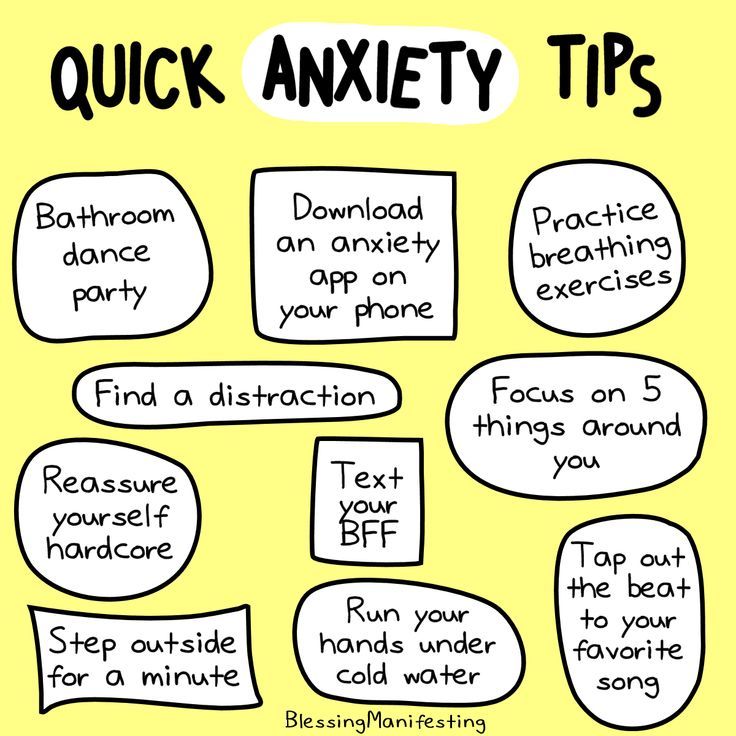 Stop checking his mail and browsing your browser history. A recent experiment by psychologists from the University of Delaware showed that when a woman is jealous, her mental abilities decrease and her concentration is lost. Do you need it?
Stop checking his mail and browsing your browser history. A recent experiment by psychologists from the University of Delaware showed that when a woman is jealous, her mental abilities decrease and her concentration is lost. Do you need it?
Conversation
Trite, but it works. Explain to your man that you love him and want everything to be fine in your family. Tell us about your fear, and most likely you will hear words of support that were so lacking. A simple conversation solves more than months of mindless surveillance. Is there a better exercise in the world than a supportive man who says "I love you"? nine0003
Gratitude and love
Psychologist Nadezhda Grishina advises you to think about the positive qualities of your chosen one. What does it have that everyone else in the world doesn't have? What part of his body is the sexiest? What sex do you remember as the most passionate? Share this information with him, let him feel the best.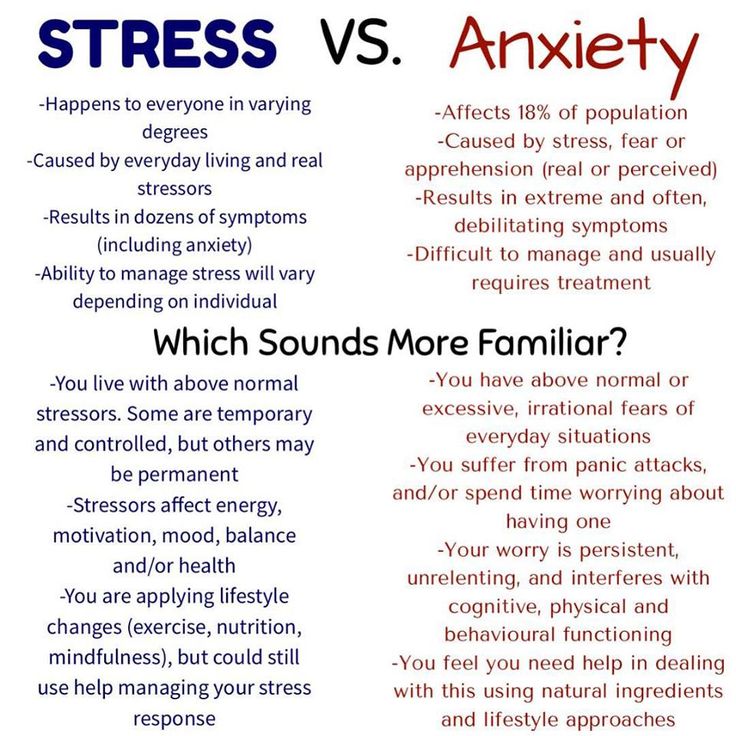 According to Nadezhda, there are two main reasons for betrayal. The first is the lack of spiritual warmth, the second is sexual dissatisfaction. With these questions you will do prevention and immediately kill two birds with one stone. nine0003
According to Nadezhda, there are two main reasons for betrayal. The first is the lack of spiritual warmth, the second is sexual dissatisfaction. With these questions you will do prevention and immediately kill two birds with one stone. nine0003
But you shouldn’t do this
“Change, but so that I don’t know about it”
This phrase will top the list of the most terrible phrases that should never be said. Rose-colored glasses and permission to cheat "on the quiet" are unlikely to make a marriage truly happy.
Set up scenes of jealousy "in advance"
Spanish passions and showdowns work well only in melodramas. In real life, constant tantrums will bring a man to a nervous tick or search for an adequate and balanced woman.
“You don't love me, I know it”
With these words, a woman shows her insecurity in a man's feelings and seeks support in him. Perhaps a one-time use of this phrase will evoke a feeling of tenderness in him. But a hundredfold repetition will already make you believe in your words.
Perhaps a one-time use of this phrase will evoke a feeling of tenderness in him. But a hundredfold repetition will already make you believe in your words.
“Look at her breasts”
Discussing the shape of a passing woman in front of you is not the best option. Of course, this shows your self-confidence, but, on the other hand, it gives you reasons to think about "walking on the side." nine0003
“I am all by myself”
Self-confidence attracts, but self-confidence scares away. Still, it is important for a man to feel important and necessary in your life. If a man does not feel this, then he looks for it on the side or merges with the sofa into one.
Text: Yulia Suntsova
Anxiety of betrayal: ru_psiholog — LiveJournal
This topic is ambiguous, it has many facets. What interpretations and potential reasons have not been expressed on this topic.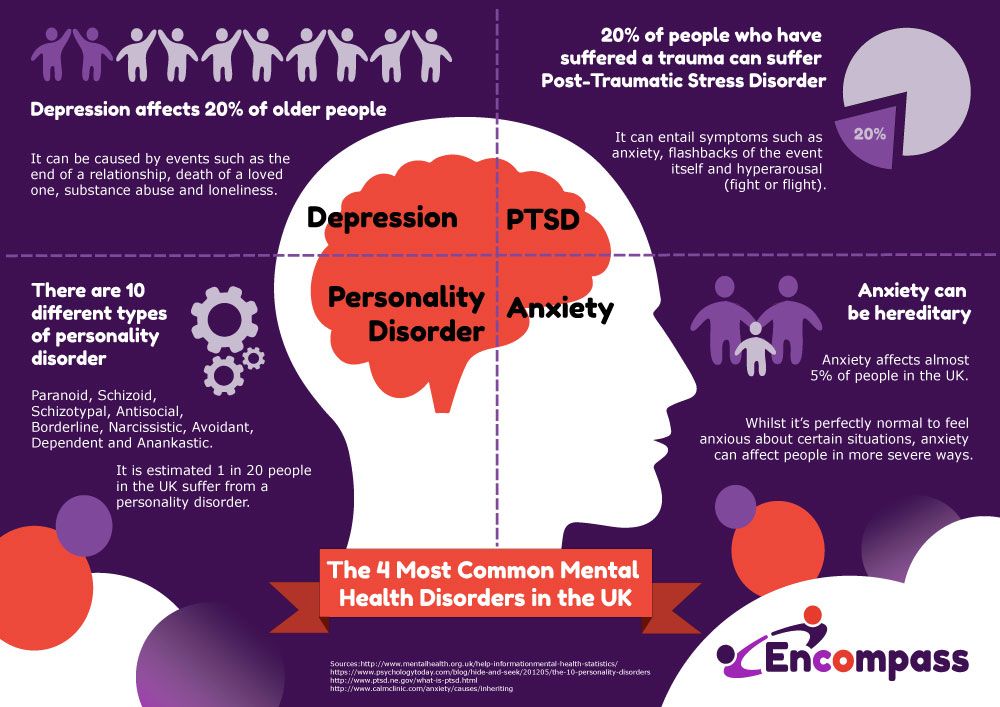 nine0002 Otto Kernberg talked about the desire to tease and the desire to be teased by others; about how this process enhances erotic attraction. Kernberg generally spoke in detail about fantasies about the "excluded third" and different triangles.
nine0002 Otto Kernberg talked about the desire to tease and the desire to be teased by others; about how this process enhances erotic attraction. Kernberg generally spoke in detail about fantasies about the "excluded third" and different triangles. http://alexey5351.livejournal.com/44062.html
http://alexey5351.livejournal.com/81804.html
There are interpretations that are deeply connected with mother, childhood and the fear of being abandoned.
There are evolutionary interpretations about the normality of feelings of jealousy within certain limits and situations, as a healthy defense mechanism. nine0003
These and other thoughts have a right to exist, they may or may not be accurate in a certain context. They are rather different facets of the same phenomenon than alternatives.
Against the backdrop of this richness, there is one thought that occurs in psychoanalytic literature. This idea seems at first strange to people who encounter it for the first time, but for experienced therapists it is natural and well confirmed by practice.
For example, there is a man who is passionately jealous of his partner for others and often thinks that she wants to cheat on him. I must say out of the blue, that is, he has no external reasons for this topic, and his girlfriend does not think about it at all. And he is jealous and he has no rest. nine0003
And now he has, for example, a dream. There, some gigolo incites wedges to his chosen one, and she smiles shyly at him, and literally another minute or two, and now they will merge in a kiss or something worse. Here our brave fellow cheerfully jumps up to the couple, deftly and conscientiously hits the opponent in the face, takes his girlfriend away and wakes up as a winner. Everything would be fine, but only a little bad for him in the morning. The anxiety of betrayal from his sleep did not go anywhere, he woke up with this feeling.
There is one interesting point here, that all the characters in his dream are, in a certain sense, himself, or rather the images in his head.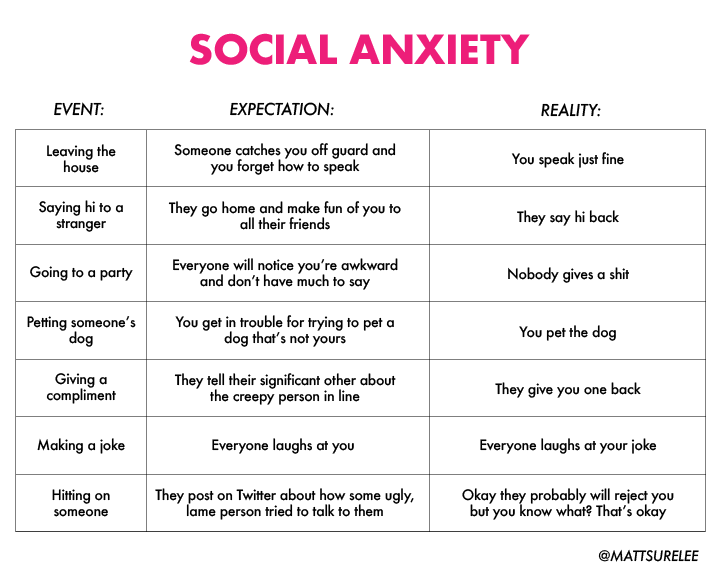 Including the rival-seducer. This is himself. Our hero has fantasies about how he cheats on his partner with another. He has such desires. He is not aware of their existence, they are unconscious. What do people sometimes do with such material? Projecting. That's how his girlfriend suddenly starts wanting to cheat on him (inside his own head). nine0003
Including the rival-seducer. This is himself. Our hero has fantasies about how he cheats on his partner with another. He has such desires. He is not aware of their existence, they are unconscious. What do people sometimes do with such material? Projecting. That's how his girlfriend suddenly starts wanting to cheat on him (inside his own head). nine0003
It's good if he just projects, but if a person also includes projective identification, then he begins to actively provoke his girlfriend into behavior suitable for his theory.
http://community.livejournal.com/en_psiholog/1972972.html
Provokes as much as possible - from direct attacks of varying degrees of rudeness from the "you are a whore" series, to compensatory control over her, so that, God forbid, she did not sin (which he really wants). Projective identification tends to program people, that is, if our hero tries very hard, then he can achieve a result - she will do it. Q.E.D. And what is most interesting is that she will turn out to be guilty all around, and the man will say - I told you, that's how it turned out.